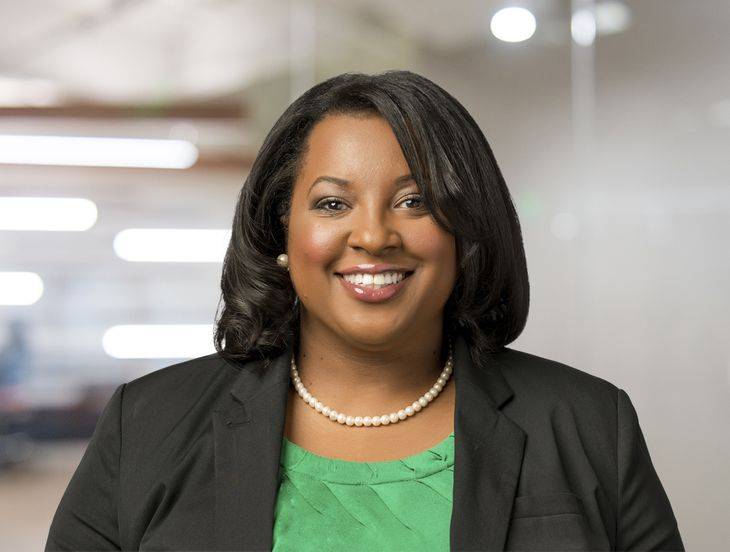Crazy Rich Pay Equity Dispute? Movie Co-Writer Quits Project After Claiming Pay Equity Problem
Insights
9.16.19
Pay equity concerns in Hollywood are not limited to famous actresses (such as Michelle Williams) or comediennes (such as Mo’Nique). As reported this week by the Hollywood Reporter, the co-writer of smash hit “Crazy Rich Asians” rejected the chance to write two sequels to the movie after learning that she was slated to be paid about one-eighth of what her male co-writer would earn. While the dispute arose late last year and was just recently revealed, it aptly demonstrates that gender pay disparities still exist even in prominent positions. This story should be another reminder for your company to ensure your act is cleaned up before you pay the price.
Most are aware that the movie “Crazy Rich Asians” captured audiences’ hearts and garnered critical acclaim when it was released last year. The studio that produced the film, Warner Bros., wanted to capitalize on this success by lining up not one but two sequels, and director Jon M. Chu wanted to retain the same creative team that hit it out of the park with the first film. This included co-writer Adele Lim, a successful TV series producer, writer, and emerging movie screenwriter.
However, Lim left the project in late 2018 when she learned she would be paid a fraction of what her male co-writer, Peter Chiarelli, would earn. While she declined to provide specific figures, the Hollywood Reporter’s sources indicated that Lim was slated to earn around $110,000 while Chiarelli was offered between $800,000 and $1 million. “Being evaluated that way can't help but make you feel that is how they view my contributions,” the Hollywood Reporter quoted Lim as saying.
What’s more, Lim believes that her ethnicity played a role in the salary offer, pointing out that writers of color often are tasked with sprinkling in cultural references rather than being tasked or credited with the substantive work. Her story further illustrates the intersectionality of race and gender when it comes to pay equity, as women of color are doubly impacted by pay inequities because of their gender and their race.
In its defense, the studio purportedly explained to Lim that these figures as “industry-standard established ranges” based on experience, and that it did not want to make an exception for fear of setting a precedent. Warner Bros. also tried to revive negotiations with Lim in February 2019 by making her an offer closer what Chiarelli was to be paid, and Chiarelli even volunteered to split his fee with her. But it was too little, too late for Lim, who explained that she appreciated Chiarelli’s offer, “but what I make shouldn't be dependent on the generosity of the white-guy writer.”
It’s important to note that Lim has not initiated legal action against the studio, and didn’t make reference to a potential legal claim in her interview with the Hollywood Reporter. If she did, it is unclear how her claim would play out. Most state pay equity statutes permit employers to justify a gender pay disparity based on legitimate, bona fide reasons, and this often includes differences in experience. The federal Equal Pay Act generally permits differences in pay for “any other factor other than sex,” which could include the relative experience of the two people being compared.
What’s for certain, though, is that employers will want to avoid the kind of bad publicity generated by this kind of report. Saving money in the short term might lead to poor media coverage, reduced morale, higher turnover, and problems attracting high-level candidates to other positions. Besides considering the cost savings of varied pay scales for similar work, you will want to take into account all considerations before making such pay decisions.
Related People
-
- Sheila M. Abron
- Partner
